Preschool
Preschool (Stage 1)
Under the guidance of a trained teacher, children in our Montessori preschool classroom learn by making discoveries with the bespoke materials, cultivating concentration, motivation, self-discipline, and a love of learning that lasts a lifetime.
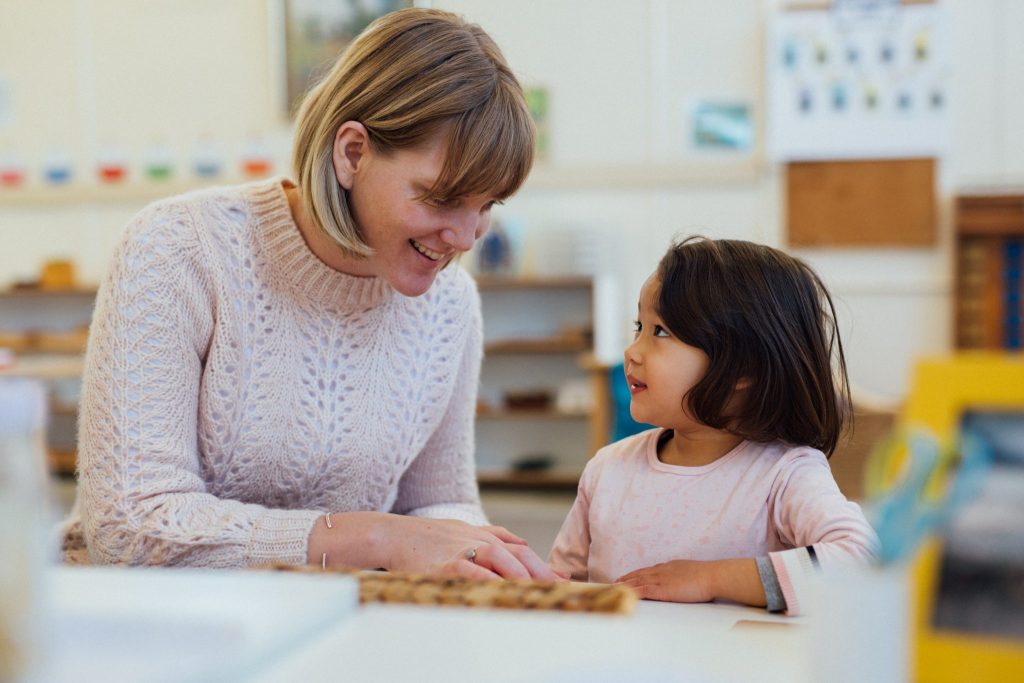
The Program
Our carefully prepared classrooms and bespoke Montessori materials not only entice a child’s natural joy to learn, but also develop specific skills and lay the essential foundations for concentration, coordination, order and independence.
“We must let the child walk and notice how he walks. His legs are short in comparison to ours and therefore he walks more slowly. Not only this, but the child explores the environment. ”
Maria Montessori
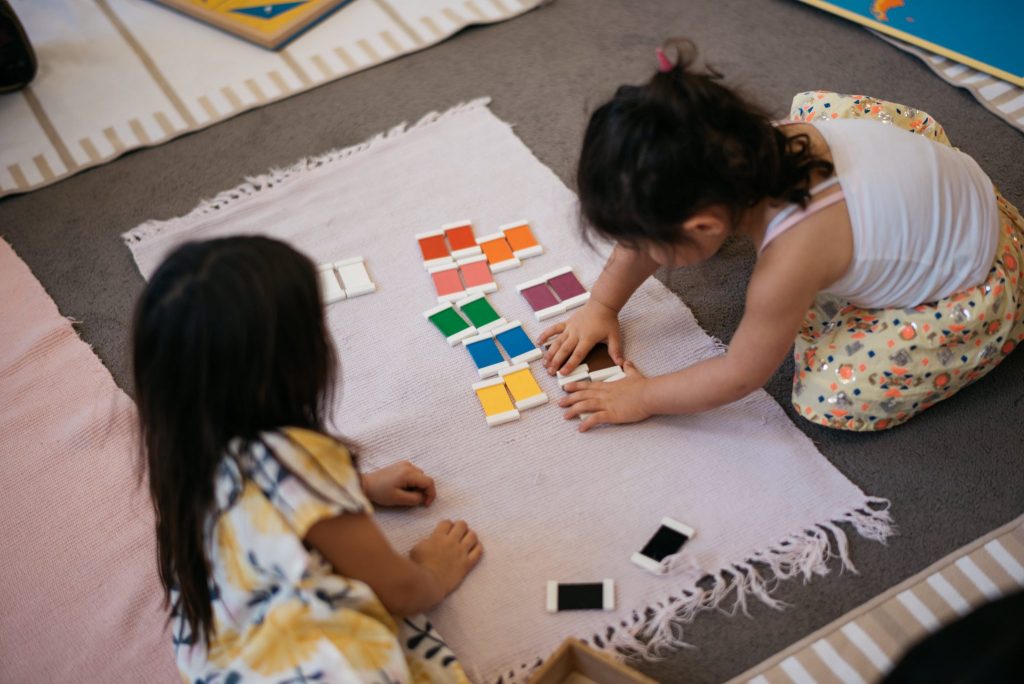
Core Curriculum
The educators’ comprehensive understanding of the characteristics of children from 3-6 years informs the set-up of a carefully prepared environment, facilitating the tuition of core curriculum categorised as Practical Life, Sensorial, Language and Literacy and Mathematics.
Practical Life – The skills of daily living
Encourages independence by learning to care for oneself, others, their classroom, and their environment.
Learn More about Practical Life
Sensorial – Exploring the world
Using sensorial materials specifically designed to develop the student’s senses and become more perceptive of their surrounding environment. These skills are necessary foundations for language and mathematics.
Learn More about Sensorial Materials
Language – From spoken to written
Building on language skills already acquired, there is a focus on the development of vocabulary, the use of language and an exploration of the phonic sounds of the English language.
Cultural – Nature and Sustainability
An introduction to the world in which we live encompassing geography, zoology, botany, physical science and history. Through cultural activities, children learn about their community and the broader world. They discover similarities, differences, and develop an understanding, appreciation and respect for diversity and all living things.
Learn more about Cultural
Mathematics – From concrete to abstract
Development of mathematical concepts through the manipulation of concrete materials. Through the mathematics materials, students learn to identify and quantify numerals, count and sequence numbers, add and subtract, identify patterns, and learn about various number systems.
STAGE ONE DEVELOPS
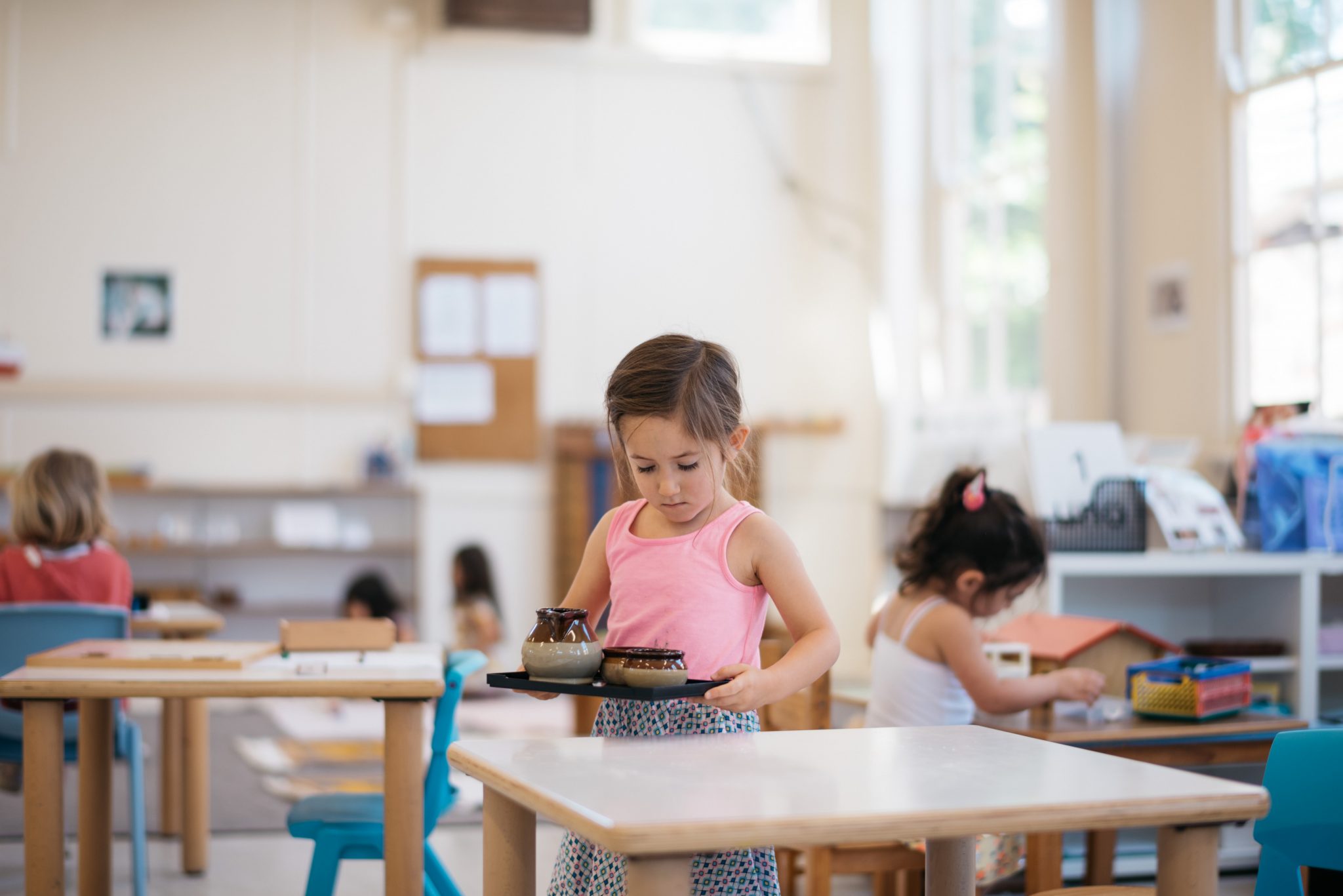
Self-care
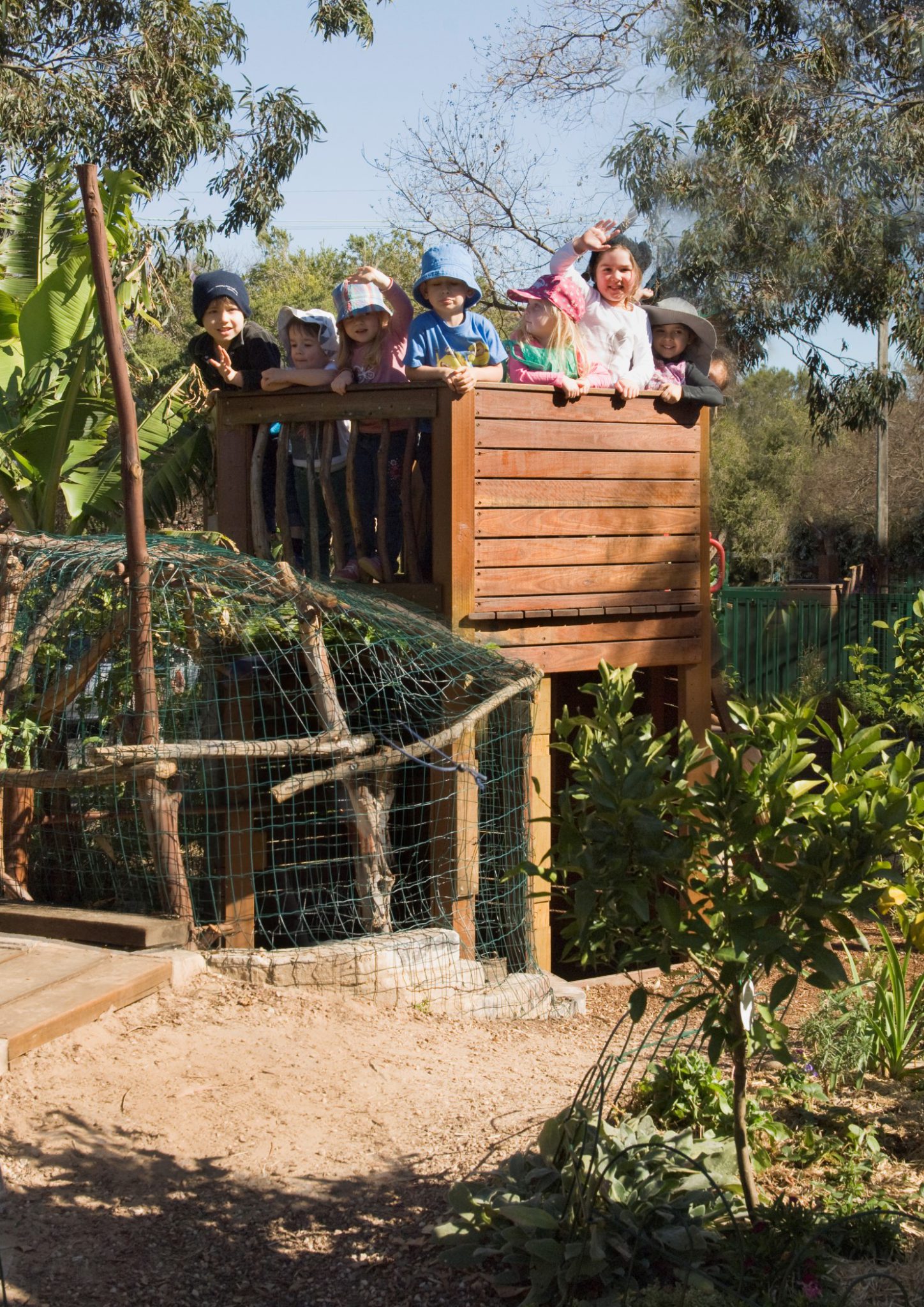
Care of the environment
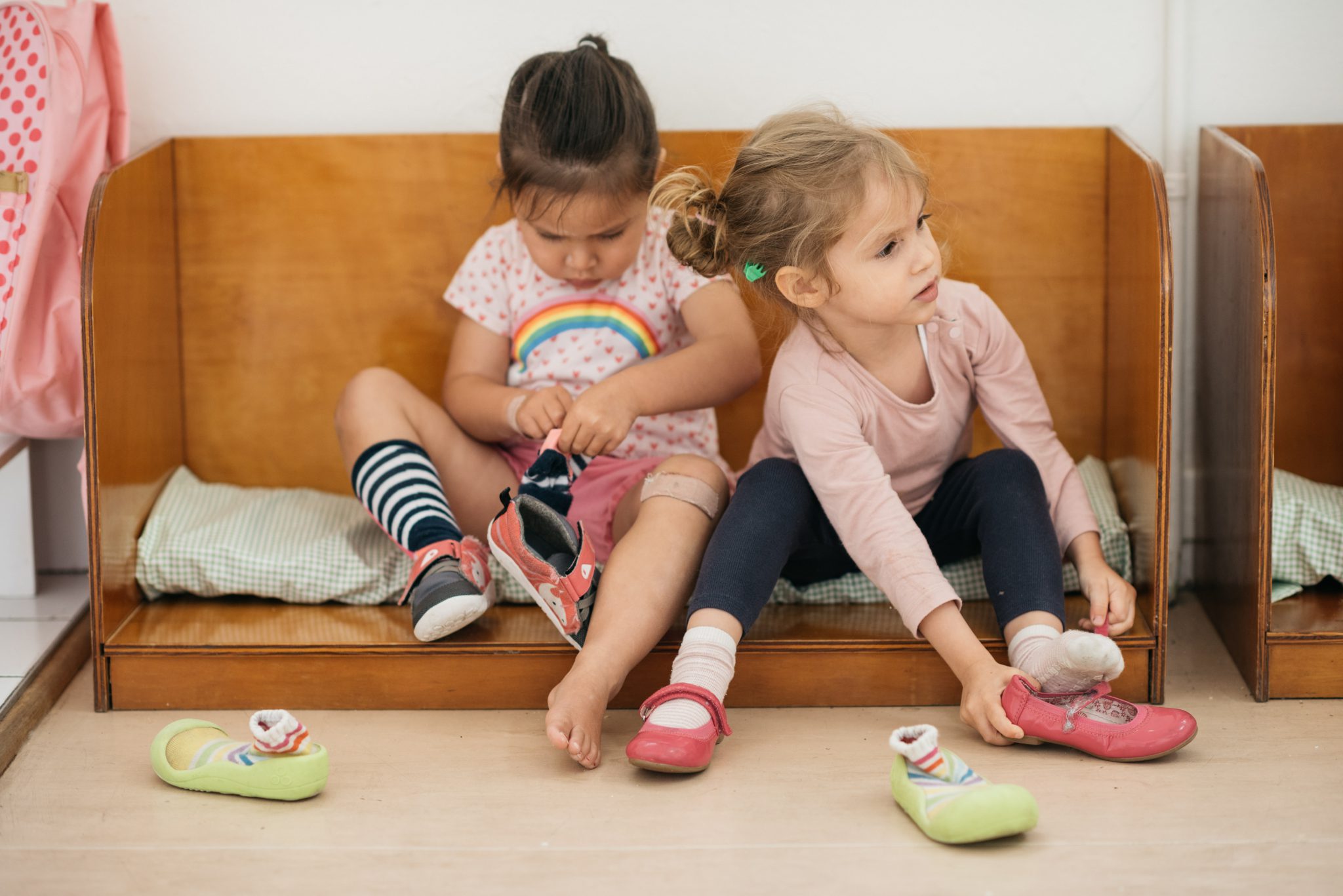
Gross-motor skills

Fine-motor skills
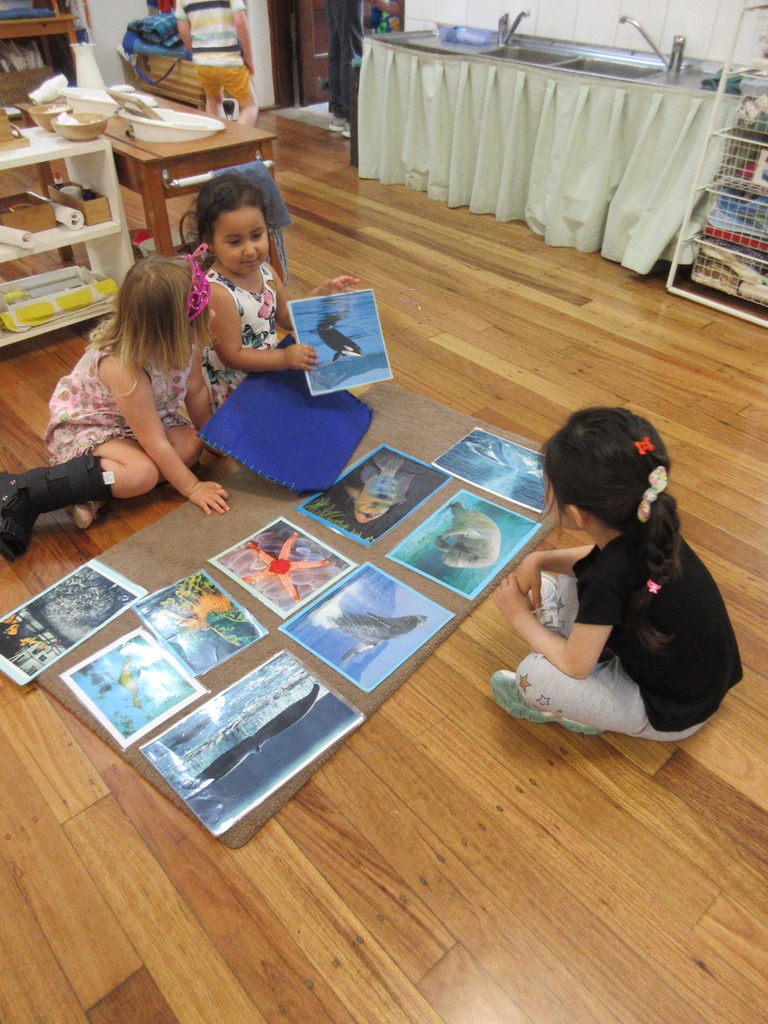
Refinement of language
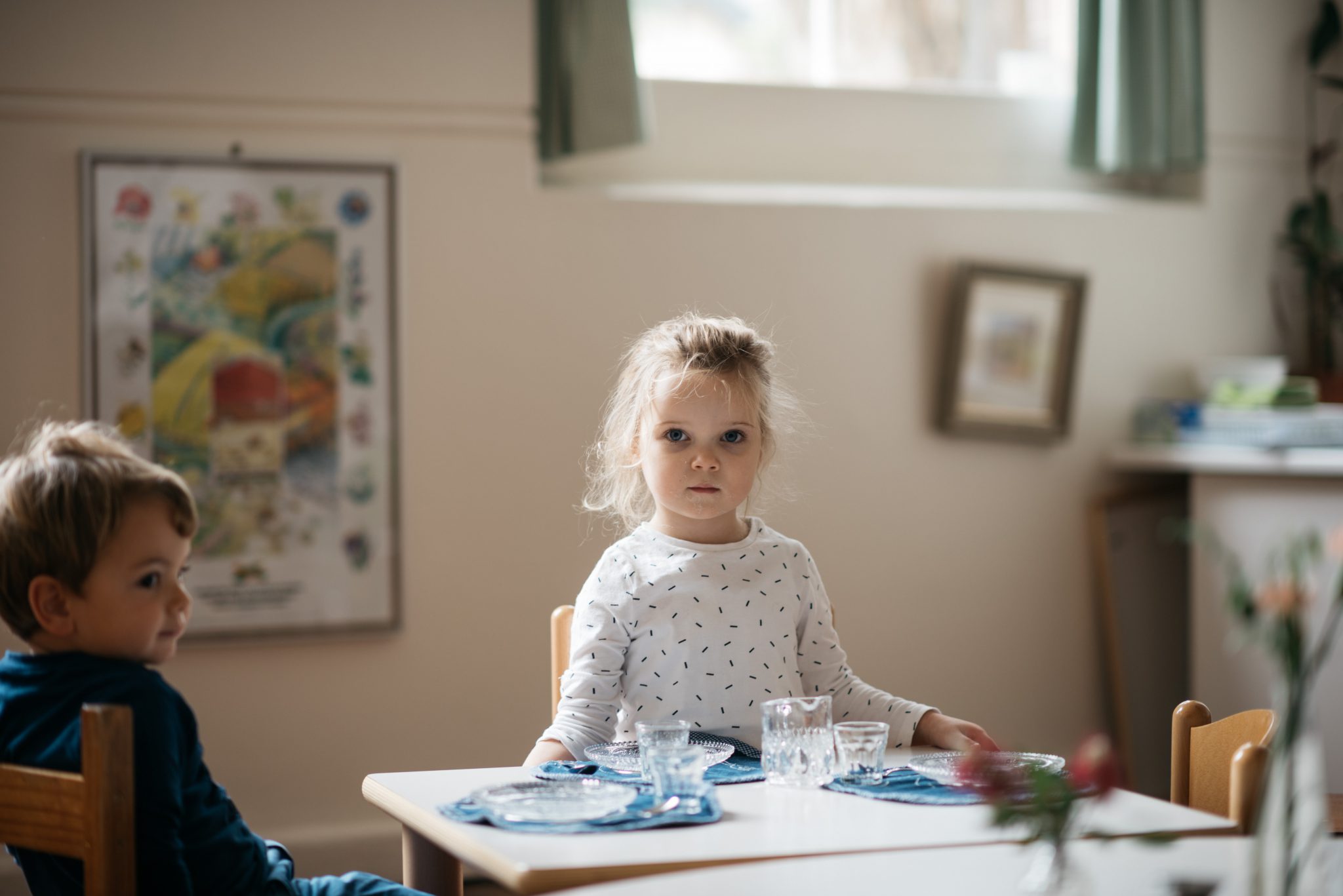
Respect for individuality
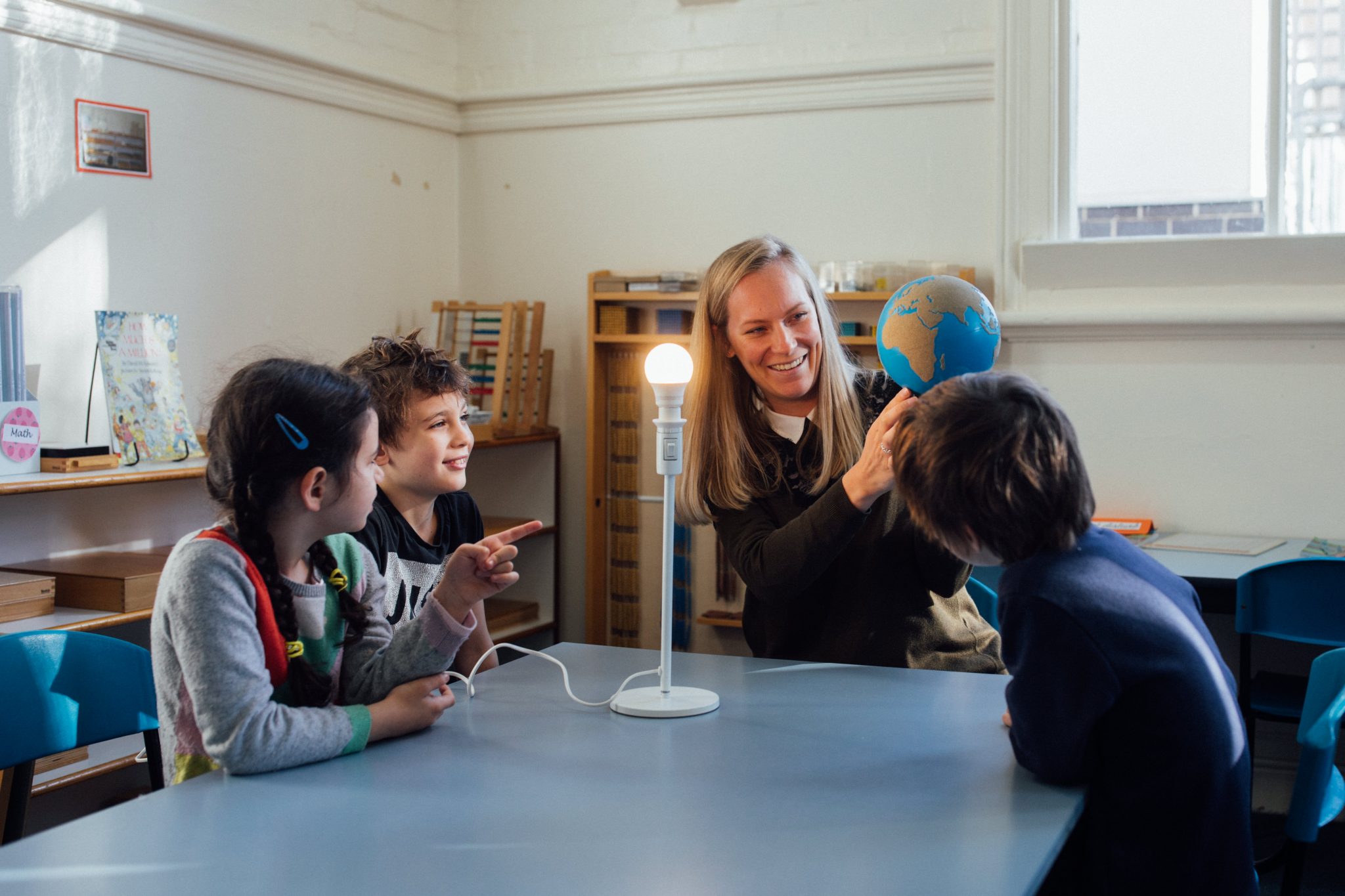
Abiding Curiosity
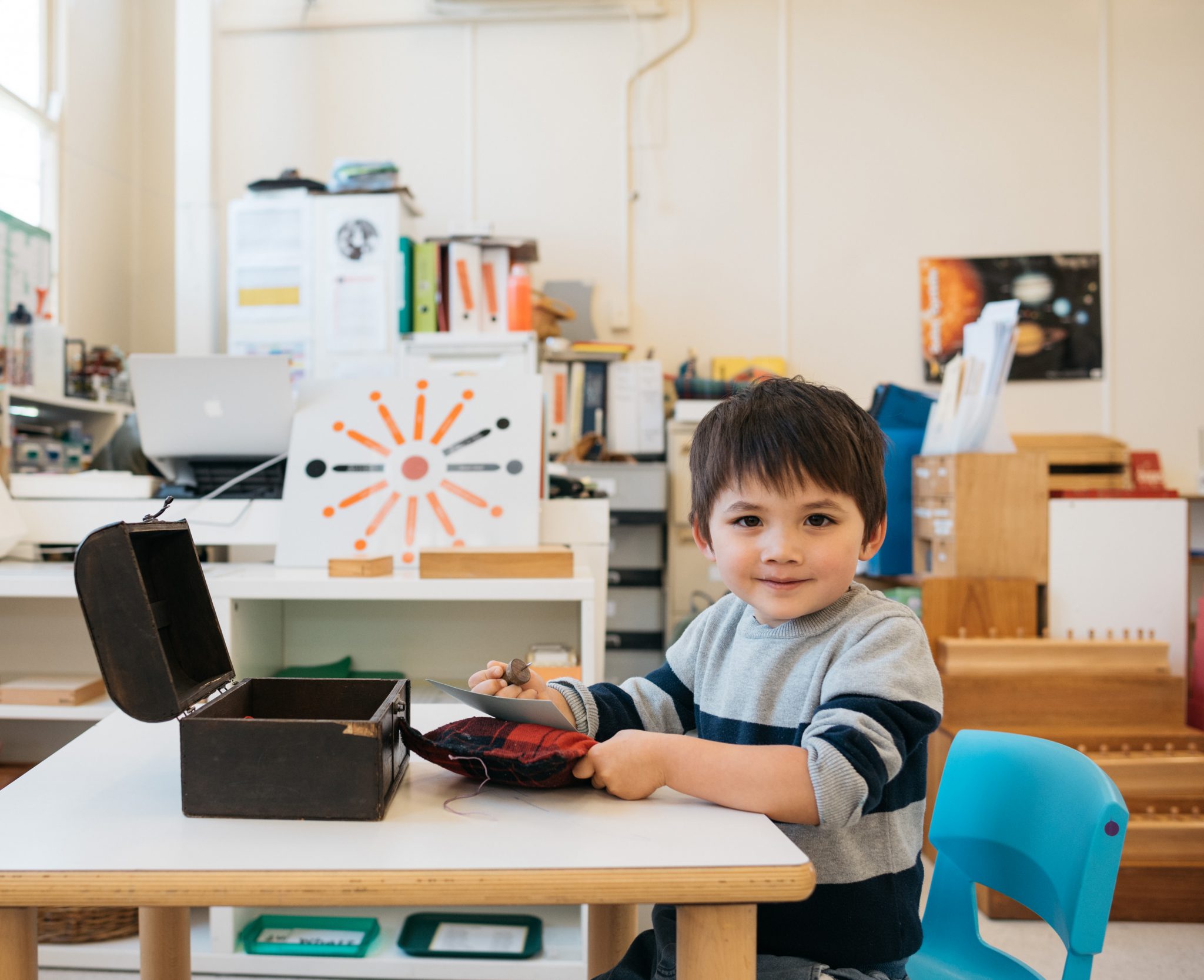
Sense of Community
“We love this school, and the warm supportive environment which nurtures our girls and focuses on building good humans who care about others and their environment. The teachers are absolutely brilliant, so dedicated and thoughtful about their work and really devoted to the children. I didn’t know much about Montessori methods when we first looked into it but have been so impressed. I would highly recommend the Montessori system to anyone considering it for their children.”
Laura Duesbury
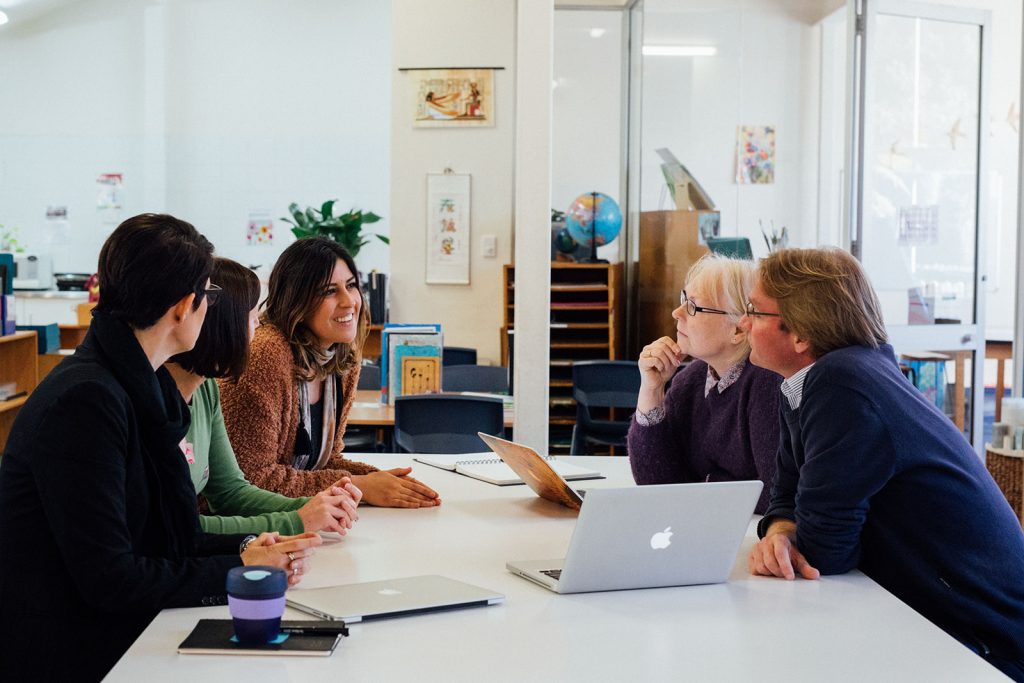
How does the Montessori Prepared Environment differ from the traditional preschool?
In a traditional preschool, children more or less learn the same things at the same time, and are expected to meet the same benchmarks. Montessori preschools are focused more on individualised learning.
Your child will also share their Montessori classrooms with older and/or younger students. This way, students learn from their peers, and respect their own and each other’s ability to be a teacher as well as a student.
